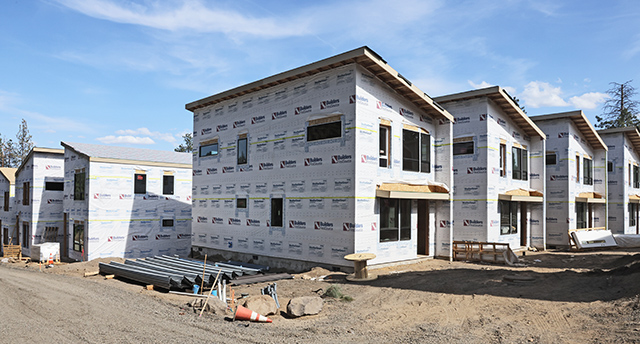Editorial: Don’t suspend Oregon’s tax kicker
Published 11:56 pm Thursday, May 18, 2017
As Oregon’s state leadership continues to cry poor, a thriving economy is sending more money to Salem than economists had expected.
So much more, in fact, that lawmakers might be forced to give some of it back to taxpayers, depending on how accurate Tuesday’s economic forecast turns out to be.
The state’s unique kicker law requires a refund to taxpayers if the state collects 2 percent more than expected. For individuals, the money is a credit on the next year’s tax bill; for business, it is diverted to K-12 education.
But despite quickly rising revenue, the state’s leadership wants to spend more. It has been bemoaning a $1.6 billion shortfall for the upcoming 2017-19 biennium; it dropped to $1.4 billion by the new forecast. The problem clearly is an excess of spending, not a lack of revenue.
At least two Republican lawmakers appear worried the Democratic leadership will try to suspend the kicker law, as recommended Tuesday by the liberal-leaning Oregon Center for Public Policy.
“Voters enshrined the personal income tax kicker in the Oregon Constitution as a means to protect against overspending by our state government,” wrote House Minority Leader Mike McLane, R-Powell Butte. “These dollars belong to Oregon taxpayers, not the government. House Republicans will not support any attempt by Democratic leadership to suspend the kicker law.”
In a similar vein, Rep. Knute Buehler, R-Bend, wrote: “Record tax revenue has been generated by the hard working people of Oregon. The kicker dollars are the people’s money, not the Salem politicians’. Every dime should be refunded to Oregon taxpayers in accordance with state law.”
Voters put the state’s kicker law into the constitution for this kind of circumstance.
The ways to spend the people’s money are endless. Lawmakers are responsible to make the necessary choices to keep state spending under control.
The forecast provided another critical reason for the Legislature to control spending: Despite the fact that “all signs point toward continued growth in the near-term,” the state’s growth has “slowed considerably” in recent quarters.
Lawmakers need to trim expenses and focus on policies that reverse that slowdown and strengthen Oregon’s economy.







